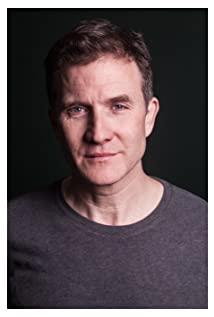This unmissable British drama is not about whether the title is called "Confession", "Confession", or "Confession", because the truth of the specific crime itself is important, but more importantly, it discusses the British police regulations on "Milan". Whether the exception to the application of “declaration” (that is, the right of a criminal suspect to remain silent) can also be applied to the detection of cases where the victim is a deceased, except when it involves the possibility of the victim’s survival.
Does it really make sense to be entangled in this specific operation of the police? Isn't it important to get justice for the dead? Don't even families of victims who have been dead for many years need truth and justice? Why should the police be allowed to urgently interrogate the suspect without giving him a Miranda warning, and the suspect's oral confession obtained at this time can be submitted to the court as legal and valid evidence?
Yes, it is very difficult for the police to chase the murderer, especially in the face of a vicious serial murderer with a high IQ and lack of physical evidence, coupled with the presence of a defense lawyer and the criminal's right to remain silent, as long as you insist on "no comment", it seems that justice does not exist. . The arrogant suspect in this British drama is almost certain to be a serial killer, but the upright superintendent was suspended because he tried to get the suspect's confession without warning from Miranda, although the victim's bones were found, But the only confession was excluded as illegal evidence for dereliction of duty...
So should the law on the right to silence be amended? Should police powers be expanded? Justice seems to be caught in a dilemma in individual cases. But please think with your rationality. Since the Miranda declaration has been patched with exceptions in emergency situations, as long as it does not involve the possibility of the victim's survival, the right to silence should apply to all suspects, because if the expansion The power of the police may lead to the abuse of police power. Imagine that when all kinds of illegal confessions (extracted confessions, induced confessions) may become evidence in court, will justice be closer?
The question is, if I, like the mother in the play, suffered the unfortunate fate of my relatives who were murdered for many years and whose whereabouts are unknown, and the suspect is right in front of me but pleaded not guilty, would I hope the police will use all means to give me the truth? ? No way, I have to wait, wait for other evidence other than the confession to surface, even if it may never wait! At least, this is my only choice.
When civilization chooses procedural justice, there must be a price to pay. Although such a price is indeed enormous for those involved in a specific case.
View more about A Confession reviews











